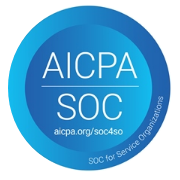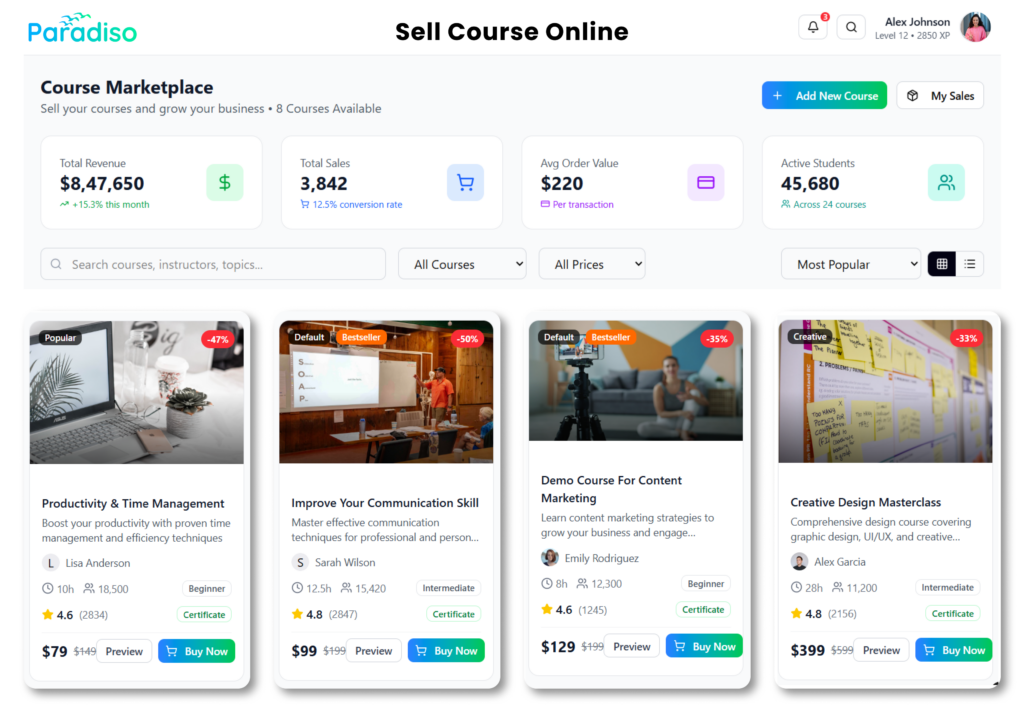Association management refers to the process of managing and administering the activities and operations of professional and trade associations, including membership recruitment and retention, event planning, communications, and advocacy. An association management system (AMS) is a software application used to manage these activities and operations. An LMS (Learning Management System) is a software application for the administration, documentation, tracking, reporting, and delivery of educational courses, training programs, or learning and development programs.
An LMS is important in association management because it allows the association to manage all of its educational offerings in one central location, making it easier for members to access and track their progress. The LMS can also be integrated with the AMS, allowing for easy tracking of member progress and completion of required educational offerings. Additionally, LMS allows for creating interactive and engaging learning experiences, which can enhance the member experience and increase engagement with the association.
What is the role of LMS in association management?
- Support Best Practice with eLearning Content Standards: An association management LMS plays an important role in supporting best practices with eLearning content standards by providing a platform that allows associations to create, manage and deliver high-quality eLearning content that meets industry standards and best practices.
- Connect Learners for Collaboration: An LMS in association management can connect learners for collaboration by providing discussion boards, collaborative tools, and peer evaluations. This can foster a sense of community and engagement among members and can be used to create a more interactive and engaging learning experience.
- Assessment of Learning: An association management LMS plays an important role in learning assessment by providing tools for creating and administering quizzes, tests, and assessments. This allows associations to measure their educational offerings’ effectiveness and make improvements as needed.
- Generate Non-Dues Revenue with your LMS: An association management LMS can generate non-dues revenue by allowing associations to sell courses and other products to members. This can be done through an integrated e-commerce and payment system, which makes it easy for associations to sell products and services to members.
- Manage Complex Continuing Education Credits and Certification: An association management LMS can manage complex continuing education credits and certification by providing tools for tracking member progress and completion of required educational offerings and certification. This can help associations to ensure that members meet the continuing education requirements for their profession.
- Integration with other Software Systems: An association management LMS can be integrated with other software systems such as CRM, web conferencing, and AMS. This allows for streamlined member data management and communication, which can help improve the member experience.
- Reporting Useful Data from your Association LMS: An association management LMS provides a range of reporting and analytics features, such as tracking member progress, course completion, and assessment scores. This data can be used for tracking member engagement and making decisions about the types of courses and training the association should offer in the future. This data can also be used to identify areas needing improvement and make data-driven decisions.
How is association management LMS helpful?
There are several ways in which an LMS (Learning Management System) can help in association management:
- Centralized Learning Management: An LMS allows associations to manage all of their educational offerings in one central location, making it easy for members to access and track their progress.
- Integrations with Association Management System (AMS): An LMS can be integrated with an AMS, allowing for easy tracking of member progress and completion of required educational offerings.
- Automated Certification and Accreditation: An LMS can automate the certification and accreditation process, making it easier for associations to manage and track member certifications and credentials.
- Engaging and Interactive Learning: An LMS allows for creating interactive and engaging learning experiences, which can enhance the member experience and increase engagement with the association.
- Reporting and Analytics: LMS provides various analytics and reporting options, such as tracking member progress, course completion, and assessment scores. This data can be used for tracking member engagement and making decisions about the types of courses and training the association should offer in the future.
- Self-paced Learning: An LMS enables members to take courses and training on their schedule, which is especially useful for busy professionals. This makes it more likely that members will engage with the association’s educational offerings and, in turn, have a better experience with the association.
- Cost-Effective: An LMS is a cost-effective way of delivering education; it eliminates the need for expensive classroom training and is easy to access; this way, the association can save on the costs of delivering education.
Which is the best LMS for Association Management
Paradiso LMS is the best platform for association management. Here are the exclusive features that make the management effective and smooth.
- Customizable portals: Paradiso LMS offers customizable portals for different types of users, such as members, staff, and administrators, allowing each group to access the information and tools they need easily.
- Communication tools: Paradiso LMS provides a range of communication tools, such as email and messaging, which makes it easy for associations to stay in touch with members and keep them informed about upcoming events, programs, and other important information.
- Advanced reporting and analytics: Paradiso LMS offer advanced reporting and analytics features, such as tracking member engagement and activity; the association can use this to improve member satisfaction and engagement.
- Online event management: Paradiso LMS has an integrated event management system, which makes it easy for associations to plan, promote, and execute online events, webinars, and conferences
- Gamification: Paradiso LMS offers gamification features, such as leaderboards, badges, and rewards, which can be used to motivate members to engage with the association’s educational offerings and activities.
- Social Learning: Paradiso LMS offers social learning tools, such as discussion boards, collaborative tools, and peer evaluations, which can create a more engaging and interactive learning experience for members.
- Mobile-Friendly: Paradiso LMS is mobile-friendly and optimized for mobile devices, allowing members to access and engage with the association’s educational offerings and activities.
- Accessibility: Paradiso LMS complies with accessibility standards, providing a better experience for members with disabilities.













